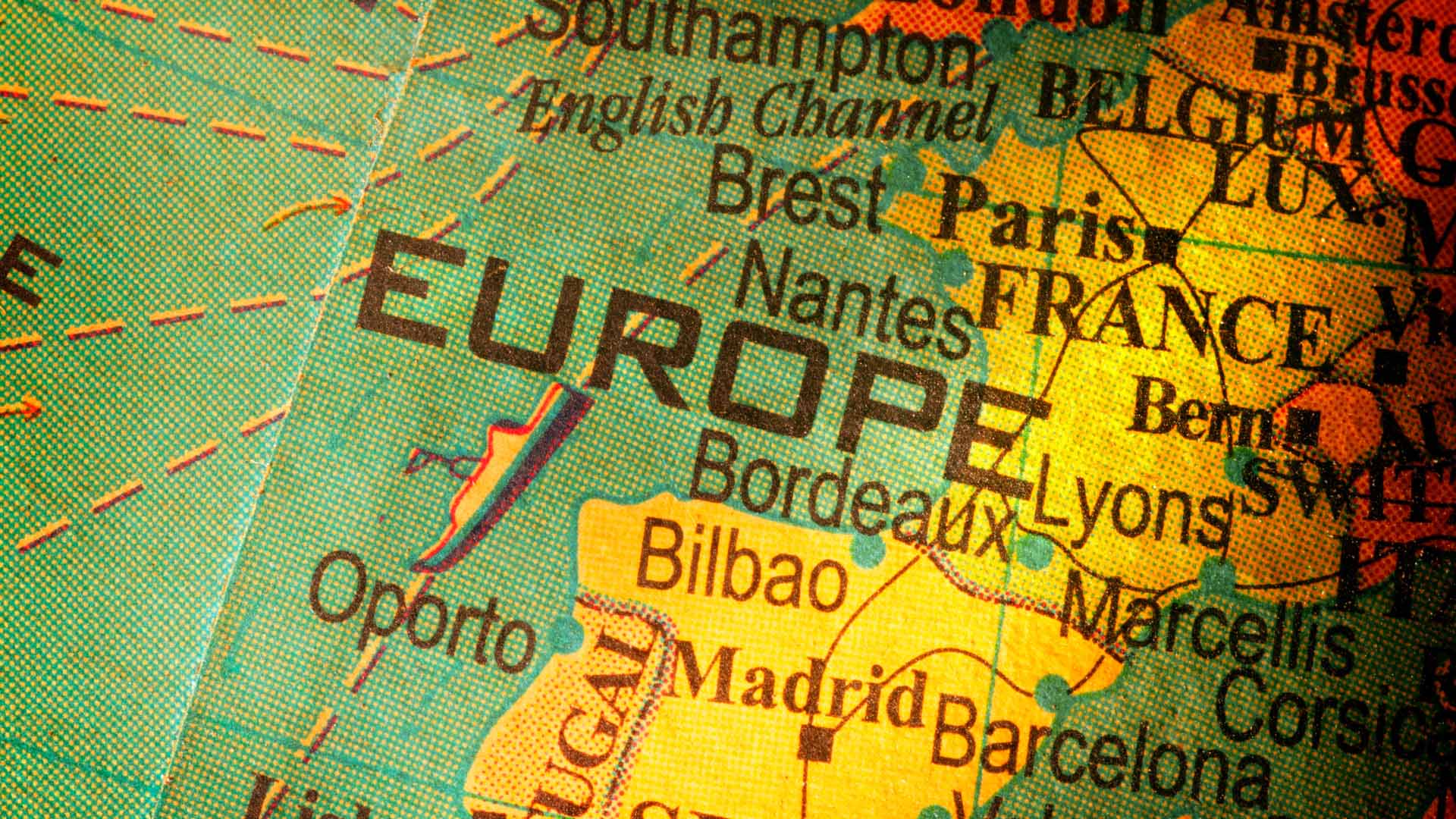Cautionary Tales from Europe's Energy Crisis

Have you been keeping up with the energy crisis in Europe that has businesses shuttering their doors and residents watching their thermostats at every moment, doing whatever they can to avoid the financial consequences of skyrocketing energy prices?
If not, it’s understandable. Between the midterm elections, an array of natural disasters, and an ongoing struggle to fight the worst effects of inflation, there are plenty of domestic concerns that deserve your attention. Still, the European energy crisis is worth monitoring as an ongoing issue affecting the day-to-day lives of millions—and a cautionary tale of what could happen across the United States if we don’t take our transition to renewable energy seriously.
As the flow of gas from Russia continues to be restricted in response to the country’s invasion of Ukraine, the European nations that relied on it as a primary energy source are feeling the effects quite severely. At home, residents across the European Union are being asked to take shorter showers, use their heating and air conditioning systems more conservatively, and complete energy-intensive household tasks (like running the dishwasher) during off-peak hours. Some countries have been even stricter about their expectations for household energy use, moving from recommendations to mandates.
The impact on Europe’s businesses has been even more serious. Shopping centers are turning off lights and reducing temperatures, while offices are limiting the use of heating systems to specific hours. Far more consequentially, European manufacturing has been deeply affected, with soaring energy prices causing factories across Europe to close their doors. Production levels are being slashed and workers have been furloughed. There are fears that some factories may never reopen.
Fortunately, recent reports suggest Europe’s efforts to conserve energy have been effective and strengthened its position as the colder winter months arrive. Even though the worst possible outcomes may have been avoided, this crisis has come with real and significant costs, as well as lessons we’d be wise to keep in mind. It’s naive to think that a similar situation couldn’t arise in America—as long as we’re dependent on oil and gas, we remain at risk of price spikes and supply shortages caused by the erratic behaviors of global energy providers.
If it sounds like an impossible task to curb our oil and gas habit, we get it. Our society has been so reliant on fossil fuels for so many years, the idea of finding our energy elsewhere can seem incredibly daunting. But renewable power sources are already proving to be very effective replacements for traditional energy, even (and especially) in critical moments. Solar energy was credited as the resource that kept Texas from experiencing the worst-case effects of an energy crisis earlier this summer.
On an individual level, solar power can be a sort of insurance policy to guard against the catastrophic outcomes of a future energy shortage—and it’s available to your business right now. Catalyst Power’s Connected Microgrid solutions bring solar generation right to your property, giving you more control over your energy sources. In times of crisis, this newfound power will benefit you in several essential ways:
- You’ll be locking in long-term energy savings. Catalyst Power’s solutions establish fixed low energy rates that last for the duration of your lease, which is typically 15 years or longer. When future price spikes hit the U.S. energy market, you’ll be better insulated against expensive power bills. (Plus, since these low prices kick in the moment your system is up and running, you’re able to start saving right away.)
- It’s an effective way to reduce your risk of power outages. It’s impossible to consider the threat of a U.S. energy crisis without mentioning the nation’s electric grid. In short: It’s old, it’s fragile, and it’s massively complex. Excess demand (or insufficient supply) can lead to overwhelming pressure and widespread outages. Immediate fixes to the grid are far from guaranteed, but a Connected Microgrid is designed to keep you in business by maintaining operations even when isolated from broader energy infrastructure.
- Every step we take toward stronger energy systems is important. Consider this one a preventative benefit. By shifting your power use toward renewables, you’re actually making a difference in the health of our energy systems (as well as the planet more broadly). Every reduction to our reliance on fossil fuels reduces demand and helps us avoid a future crisis driven by skyrocketing power prices.
Although the U.S. energy landscape is currently more stable than the European scenario, beginning your energy transition now will prove to be extremely worthwhile when times are tough and oil prices are high. (Without exaggeration, it could be the decision that ends up keeping your company’s lights on.)
It’s clear that the day-to-day effects of Europe’s crisis are inconvenient at best and incredibly dangerous at worst. For our own individual well-being as well as the collective future, each of us should be paying attention and taking steps to ensure we’re prepared in the (likely) event that an equally dire crisis arrives on America’s shores.
Catalyst Power is here to help you protect yourself against future crises and start your transition away from oil and gas in favor of clean, accessible solar energy. Get started today!



